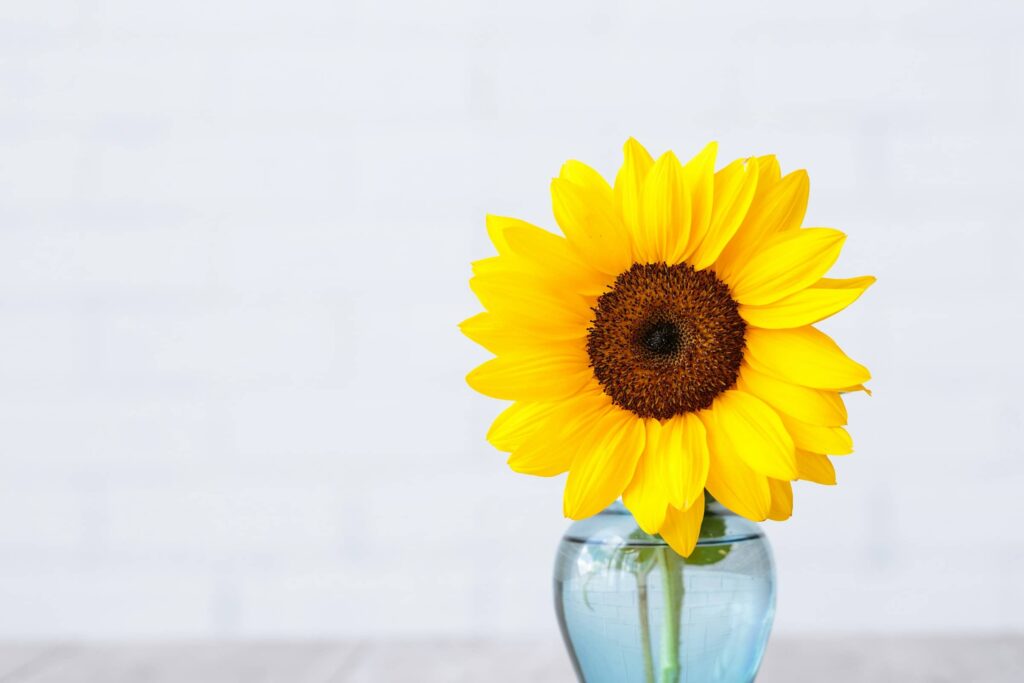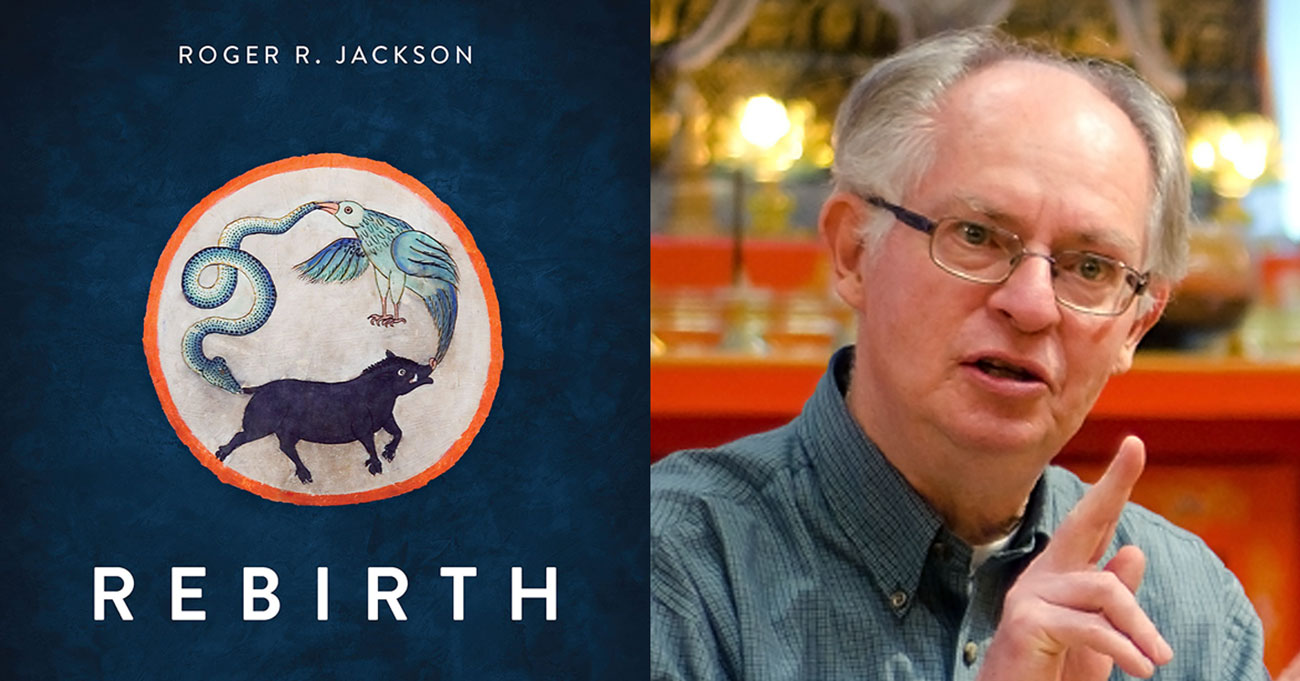10 Essential Principles of Minimalist Living
Imagine a life where every item in your home serves a purpose, where every commitment on your calendar reflects your true passions and values. Sounds good, doesn’t it? But even better, imagine a life where you have more money,...


Imagine a life where every item in your home serves a purpose, where every commitment on your calendar reflects your true passions and values.
Sounds good, doesn’t it?
But even better, imagine a life where you have more money, more time, more energy, and more focus. A life where you are freed to pursue your greatest passions—however you want to define them.
This is the essence of minimalist living—a lifestyle that focuses on owning less so we can make room for more of what truly enriches us.
Contrary to popular belief, minimalism isn’t about sacrifice. And minimalism isn’t about giving up joy, happiness, or fun. Just the opposite, minimalism is about living a bigger, better, more exciting life by embracing greater intentionality in the things we buy and keep.
It’s about finding personal balance, reducing stress, and reclaiming money and time from a culture that seemingly wants to hijack all of it.
If you’re interested in learning more about what minimalism might look like for you, here are ten essential principles of minimalist living that will help you begin to discover the benefits in your life:
1. Declutter Your Space
Begin your minimalist journey by removing the physical clutter that physically (and mentally) encumbers you. Tackling one room at a time, keep only those items that are necessary, bring you joy, or help you fulfill your purpose.
You’ll quickly discover this practice not only simplifies cleaning and organizing but also transforms your living spaces into areas that relieve your stress level rather than adding to it.
2. Quality Over Quantity
In a world where rampant consumerism seems supreme, choosing quality over quantity is revolutionary. Invest in well-made products that might cost more upfront but will last longer, ultimately saving money and reducing waste.
This principle encourages us to think critically about what we bring into our lives.
3. Intentionality
Living intentionally means making choices that align closely with your values. Whether it’s deciding what to buy or how to spend your time, ask yourself if each action reflects your priorities. This can lead to a more purposeful and satisfying life.
Even if you don’t know your values yet, the pursuit of minimalism will benefit you in life-changing ways. In many ways, it will help you refine your worldview and values.
4. Simplify Your Routine
Examine your daily and weekly routines and eliminate unnecessary steps. This might mean preparing simpler meals, streamlining your morning routine, or setting specific times to check emails. Also, simplifying your schedule can free up hours each week for more meaningful activities.
Simplifying your schedule is just one of the many areas of life where you will minimalist principles begin to play out.
5. Mindful Consumption
Become a mindful consumer by recognizing the impact of your buying choices on the environment and on your own mental health.
When we decide to own less, it becomes much easier to consider if you truly need the item or if it’s merely an impulsive buy. This habit not only preserves your space but also protects the planet.
6. Financial Freedom
Minimalism often leads to spending less and saving more. By reducing your material desires, you can focus on financial goals like paying off debt or saving for future experiences, rather than accumulating goods.
This financial freedom is liberating and can be used in any number of different ways: getting out of debt, getting ahead financially, saving for retirement, charitable giving. Only you know exactly the best way for you to spend/invest newfound cash, but minimalism will make it possible.
7. Reduce Digital Distraction
In our digital age, decluttering your online and digital life is as crucial as organizing your home. Set boundaries for social media use and designate tech-free times to engage more deeply with the real world. This can improve concentration, productivity, and mental well-being.
8. Cultivate Space for Growth
With fewer distractions and more physical space, you create room for personal growth. Use the time and space you’ve reclaimed to explore new hobbies, learn new skills, or simply relax and rejuvenate.
Minimalism will not only spur personal growth and self-development, it will provide the margin and opportunity in your life to pursue it.
9. Focus on Relationships
By minimizing the importance of possessions, you can allocate more energy to building and nurturing relationships. Strong, supportive relationships are key to happiness and fulfillment, far surpassing the temporary joy brought by material goods.
In fact, according to some studies, healthy relationships is the single greatest key to happiness.
10. Embrace the Journey
Minimalism is a journey, not a destination. It’s about gradual improvement and continuous reflection on what makes life meaningful.
Be patient with yourself and allow your minimalist practices to evolve over time.
Embarking on a minimalist lifestyle is about crafting a more intentional and fulfilling life. It’s a personal pilgrimage towards discovering what truly matters to you.
By embracing these ten principles, you open the door to a world of freedom, peace, and deep satisfaction. Start today living a life filled with more purpose, clarity, and joy.

 MikeTyes
MikeTyes 
































